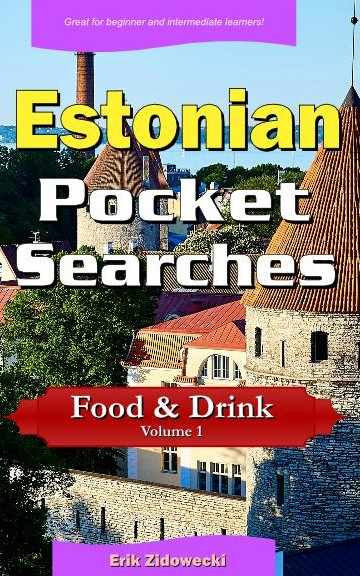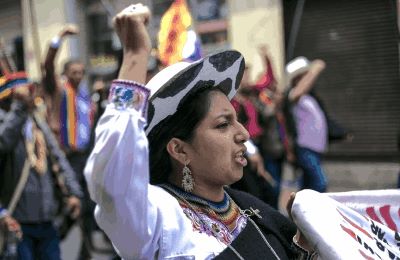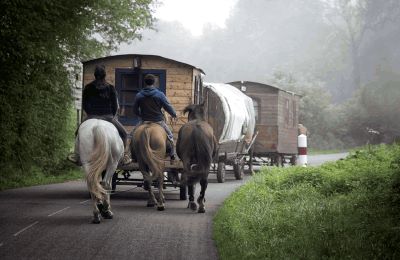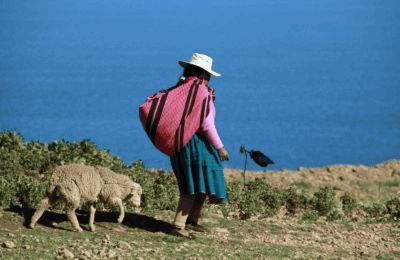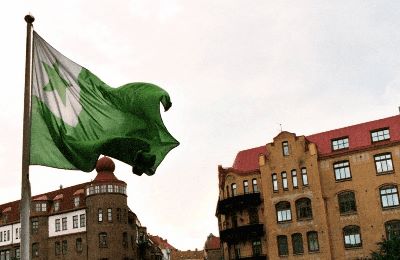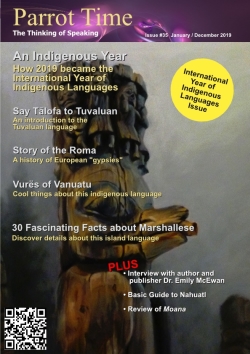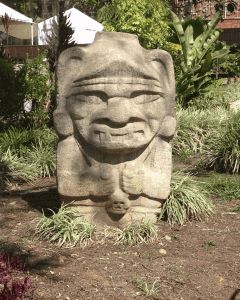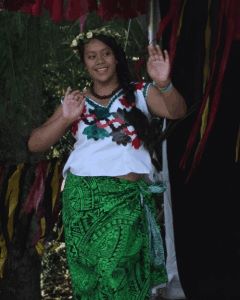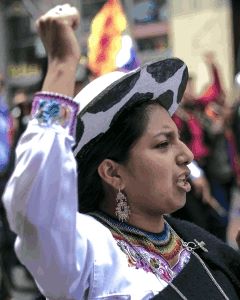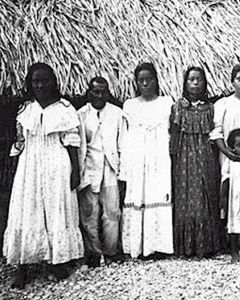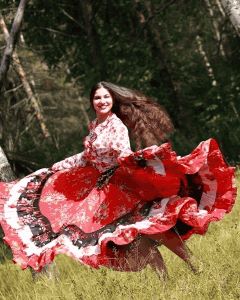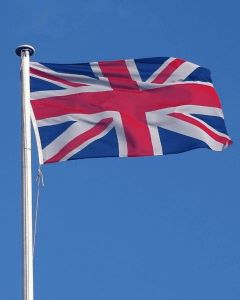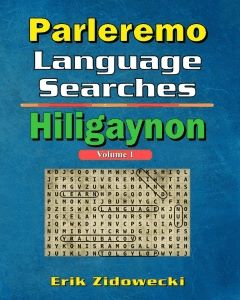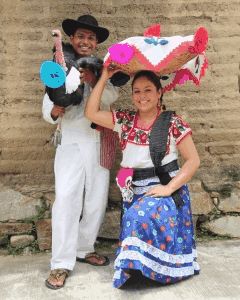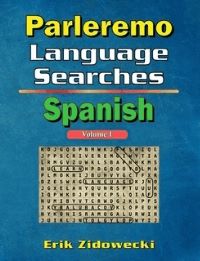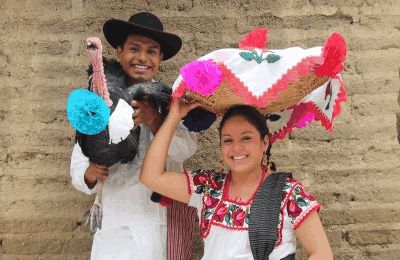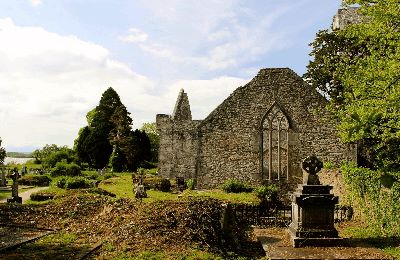The Indigenous Languages of the UK
|
When you think of indigenous languages images of exotic islands and tropical lands may spring to mind. However, in the United Kingdom there are dozens of indigenous languages that are still spoken on a daily basis! Despite the UKs plethera of languages a study by the British Council (2013) showed that only 25% of the adult population in the UK could have a conversation in another language! Due to this 'apparent monolingualism' it may seem that languages that are indigenous to the UK are about to die out? OR secretly is the UK not the nation of monoglots that they are perceived to be? Trisha Dunbar founder of Language Learners Journal, a blog dedicated to promoting language learning explores some of the UK's indigenous languages and investigates what is being done to try to save them. According to reports, there are 17+ indigenous languages in the UK scattered throughout the lands like hidden cultural gems. These languages can be split into 3 main groups - Indo-Aryan, Celtic, and Germanic. This article will focus on Anglo-Romani, Cant, Cornish, Gaelic, Manx, Shelta and Welsh. 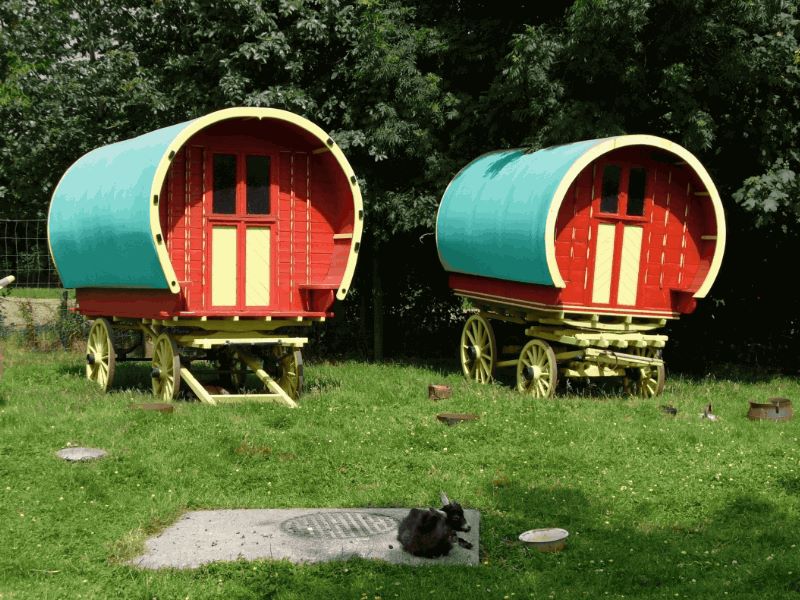 Colorful wagons ("Vardos") of Travellers The Gypsy and Traveller Languages Anglo-Romani and Welsh-Romani are based on an Indo-Aryan branch of the Indo-European language family. Its ancestral roots are said to be of Sanskrit. It is estimated that around 90,000 people are familiar with Anglo-Romani within the UK. Anglo-Romani is spoken in Southern and Northern England, whilst a variation known as Welsh-Romani is spoken by around 4000 in Wales and Europe. Anglo-Romani words have worked their way into everyday English, for example, In Southern England, we have the word "Kushti" from Anglo-Romani meaning good and "dinlo" that refers to a person who is an idiot. Romani was a secretive language for many centuries. Who would want the 'gorja' (non-Romanies) knowing. Although this came at a cost as older generations took the language with them when they passed on. Younger generations especially those that were of mixed blood or now settled lost access to a beautiful, ancient and mysterious language. However thanks to Ian Hancock a Scholar of Romani heritage and the University of Manchester Romani Linguistics department this language has now been immortalized and shared with the world. You can now study the Romani language at University level. Rokker the Romani čhib? ("Can you speak Romany tongue?") Romani Vocabulary
Cant is a language spoken by approximately 4000 members of the Scottish Traveller community. It has been described as being part Scot, part Gaelic and part Romani. It is closely related to the Irish Traveller language of Shelta. Shelta is said to be spoken by around 30,000 people worldwide. 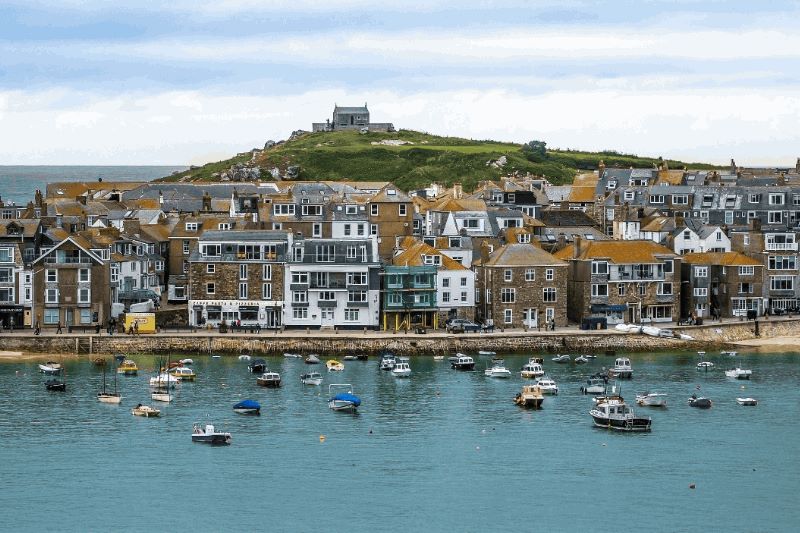 St Ives on the coast of Cornwall Cornish Cornish is a Celtic language. In the UK Queen Elizabeth 1st was said to have been fluent in Cornish and several other languages, including Welsh. Upon her death in 1603, The Venetian ambassador wrote: "Queen Elizabeth possessed these languages so thoroughly that each appeared to be her native tongue." In the early 2000s, there were only a handful of elderly speakers left. Things got so bad in fact that the Cornish language was at one point officially registered as extinct by UNESCO! Remarkably this language came back from the dead and by 2010 Cornish had 600 speakers. The language was then re-rated as critically endangered. Today, efforts by passionate scholars to preserve the language has meant that there are now an estimated 3,500 native speakers in Cornwall and surrounding areas. This just goes to show what can help when a community comes together to save their native language from extinction. Cornish is now being taught in nursery schools! Cant Vocabulary
Gaelic Gaelic is from a branch of the celtic languages. It is spoken in Ireland, Scotland and the Isle of Man. Irish Gaelic Irish Gaelic is an official language of the Eurpeaon Union (EU). Irish Gaelic is mainly spoken in Galway, Kerry, Donegal and where my great grandfather came from in Cork. Other areas include Waterford, Mayo and Meath. There are over 70,000 speakers of the language in the UK. Over the centuries Irish Gaelic has face many threats from being banned in schools, discouraged from use and even by the Catholic church who favored English. Today, Gaelic has become one of the most popular indigenous languages of the UK to study . Irish Gaelic Vocabulary
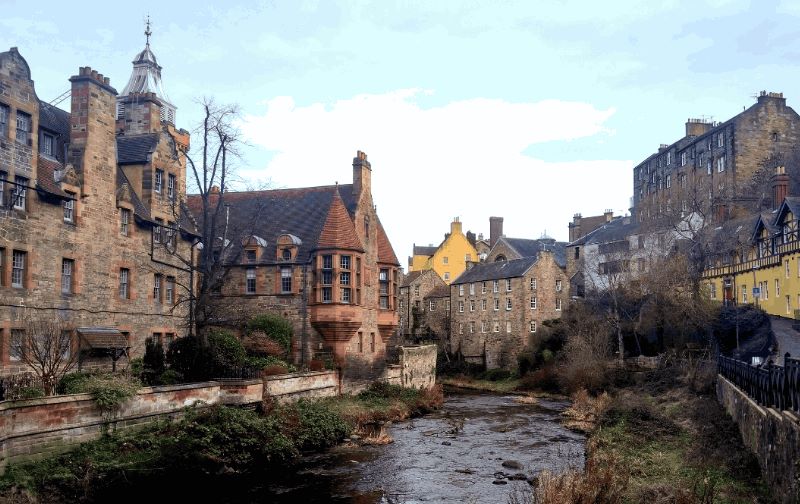 Houses in Edinburgh, Scotland Scottish Gaelic Scottish Gaelic is spoken by over 60,000 people. Scotland has a school dedicated to the Gaelic language.In order to preserve the language there are many colleges and universities across the UK that offer A Levels and degrees in Celtic Studies. The BBC also have a Gaelic language radio station called 'Radio Nan Gaidheal' and a TV channel called BBC Alba. Scottish Gaelic Vocabulary
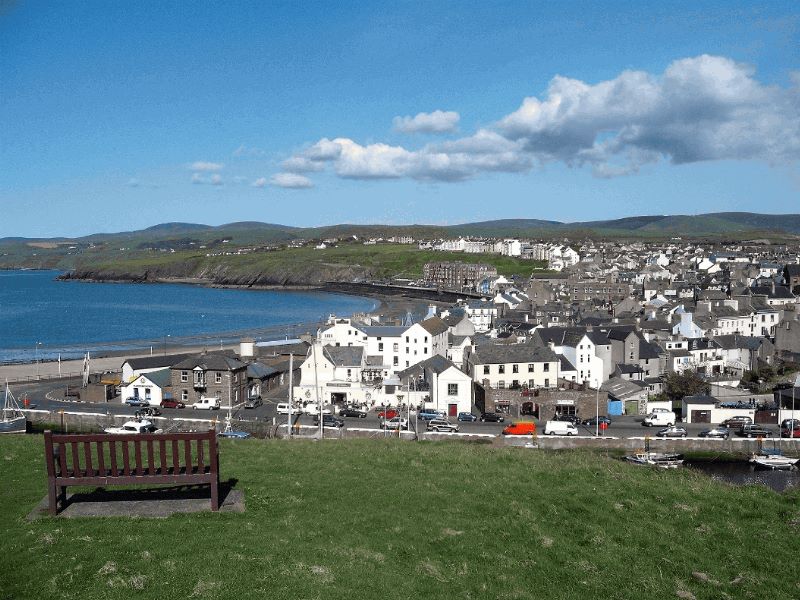 Coast on the Isle of Man Manx Gaelic Manx is a language spoken on the Isle of Man. This language is part of the Celtic branch. In order to save the language in 2017, a Manx Language Strategy was put in place. The language is now being taught in schools to an estimated 1000 students and an online website has been created to encourage adult speakers. Manx Vocabulary
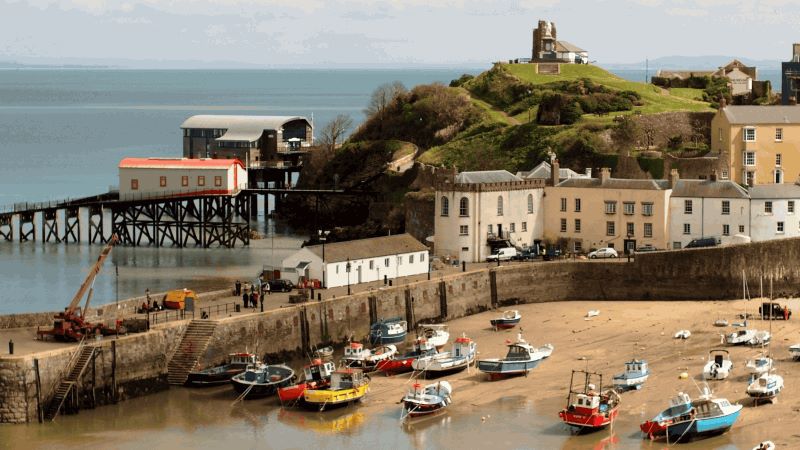 Boats on the coast of Wales Welsh Welsh is another Celtic language. Variations have been spoken throughout the South of England. In Wales, a quarter of students are educated in Welsh. Welsh Vocabulary
Saving the UK'S Indigenous Languages By knowing a language, one can better understand the culture and beliefs of that society. Is modern society killing off indigenous languages? I believe modern technology means that indigenous languages are in a better position than ever before. The theme seems to be that when a community pulls together a language on the brink of extinction can be revived. However, in order to save a language it must first be recognised that it actually exists, unfortunately the Gypsy and Traveller languages are not yet recognised the British Council! The UKs indigenous languages must be protected as every time a language becomes extinct, so does the literature, culture, and perspective of that society. A whole society simply unknown, not understood and lost potentially... forever. I find that rather sad. What are your thoughts on this? Would you like to learn one of the UK's Indigenous languages? OR do you already speak some? Do you think we could do more to encourage people to learn the language(s) of their heritage? Trisha Dunbar is a native Romani speaker as well as a certificated TEFL (Teaching English as a Foreign Language) tutor with an academic background in psychology, inspirational speaker, mindfulness practitioner, Professional blogger, writer, and award winning entrepreneur from the UK. Visit her site at languagelearnersjournal.com Learn more... Romani https://romani.humanities.manchester.ac.uk/whatis/structure/intro.shtml http://www.bbc.co.uk/kent/voices/language.shtml https://www.larp.com/jahavra/language.html 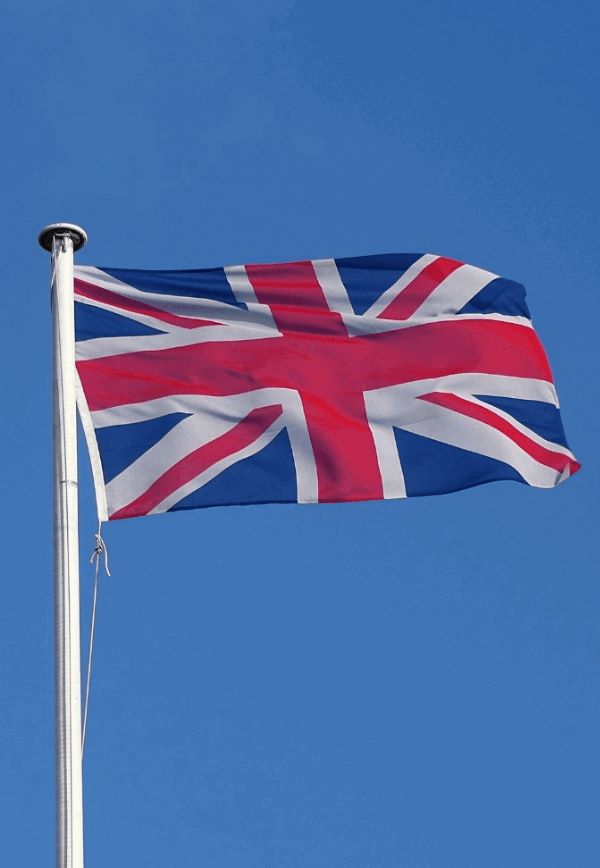 Cornish
Cornishhttps://gocornish.org/ Gaelic https://learngaelic.scot/lg-beginners/ Welsh https://learnwelsh.cymru/ Manx https://www.learnmanx.com/ |
| The Indigenous Languages of the UK | |||
| Writer: | Trisha Dunbar | ||
| Images: | |||
| |||
All images are Copyright - CC BY-SA (Creative Commons Share Alike) by their respective owners, except for Petey, which is Public Domain (PD) or unless otherwise noted.
|
Looking for learning materials? Find entertaining and educational books for learning a language at Scriveremo Publishing. Just click the link below to find learning books for more than 30 languages!
| |
comments powered by Disqus
